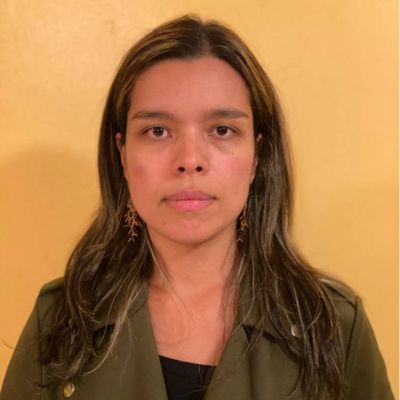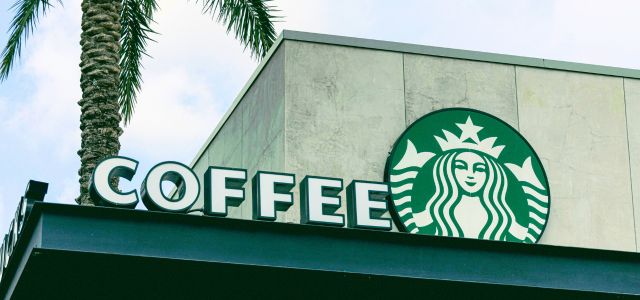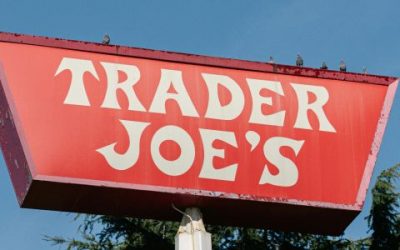With over 40,000 stores in 80 countries, Starbucks is perhaps the most famous coffee brand in the world. With its logo becoming part of the pop culture that has appeared in films such as The Devil Wears Prada, Starbucks has its place among iconic brands like Coca-Cola, Nike, and Apple, to name a few.
From a legal point of view, trademarks protect names, logos, and non-traditional distinctive signs used by companies to identify their products and/or services in order to avoid confusion in the market.
Iconic brands’ trademarks, such as the ones mentioned above, are considered well-known marks because their reputation and level of recognition are beyond that of common marks. International treaties such as the Paris Convention and the Trade-Related Aspects of Intellectual Property Rights (TRIPS Agreement) have guaranteed broader protection to well-known brands. These two international treaties have harmonized intellectual property systems around the world.
However, the infringement of well-known brands still occurs, and it can be worse in countries where these types of brands are not present. In Venezuela, Starbucks does not have a single store, but that does not mean that Starbucks is unknown there.
In December 2021, a new coffee store inside a supermarket called Yeet, located in the capital city of Venezuela, Caracas, went viral because it prominently featured the Starbucks logo with the slogan “We proudly serve Starbucks,” which is a program by Starbucks and Nestlé that aims to provide beverage and equipment to hospitals, workplaces, colleges and universities, and leisure and healthcare channels. This program is available only in the US and the UK.
This coffee store quickly became viral on social media. Many people believed that the coffee store was a Starbucks store, while others believed that the coffee store had no connection to Starbucks because the opening of such an iconic brand in Venezuela would likely be publicly announced.
The virality grew so much that Starbucks and Nestlé released a separate public statement confirming that neither a coffee store nor the program “We proudly serve Starbucks” was present in Venezuela.
One of the owners of Yeet declared that when they purchased the products and equipment, they were given guidelines, which they complied with.
Through its property agents in Venezuela, Starbucks sent a cease and desist letter to the owners of Yeet, asking them to stop using the Starbucks logo and the “We proudly serve Starbucks” slogan. Following this, the Starbucks logo was replaced by the Yeet logo.
Fast forward to 2025, Starbucks has strengthened its intellectual property protection in Venezuela, filing trademark applications in international classes 21, 30, and 43, each one consisting of the word mark STARBUCKS, its famous green logo ‘Starbucks Coffee,’ and its famous Starbucks Siren in black and white colors.
In conclusion, Yeet infringed on Starbucks’ trademarks because placing the Starbucks logo in the coffee shop generated confusion among Venezuelan customers, making them believe that they were connected to Starbucks.
This case demonstrates that, despite the protection well-known marks receive at an international level, for this kind of brand, it’s better to file trademark registrations in as many jurisdictions as they can. Famous brands are more vulnerable to infringements because of their fame and reputation, and in a world where a brand can gain fame quickly through social media, it is important to get legal protection.

Written by Gabriela Campos
Freelance IP Lawyer
You may also like…
Takeaways from J.M. Smucker Company v. Trader Joe’s Company for brand owners regarding trade dress enforcement
Dupes and generic brands, which were once seen as inferior alternatives to name-brand products, have become more...
UEFA partners with Alliance for Creativity and Entertainment to enhance global anti-piracy strategy
October 21, 2025 - The Union of European Football Associations (UEFA) has officially joined the Alliance for...
EUIPO and UANIPIO welcome the integration of Ukraine’s trademarks into TMview
The European Union Intellectual Property Office (EUIPO) and the Ukrainian National Office for Intellectual Property...
Contact us to write for out Newsletter













